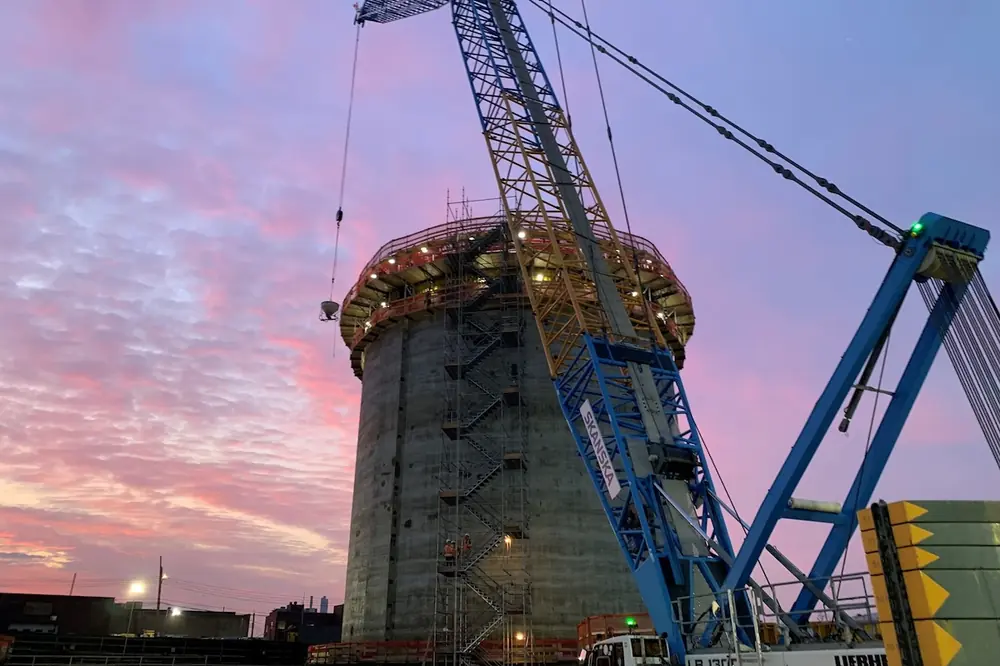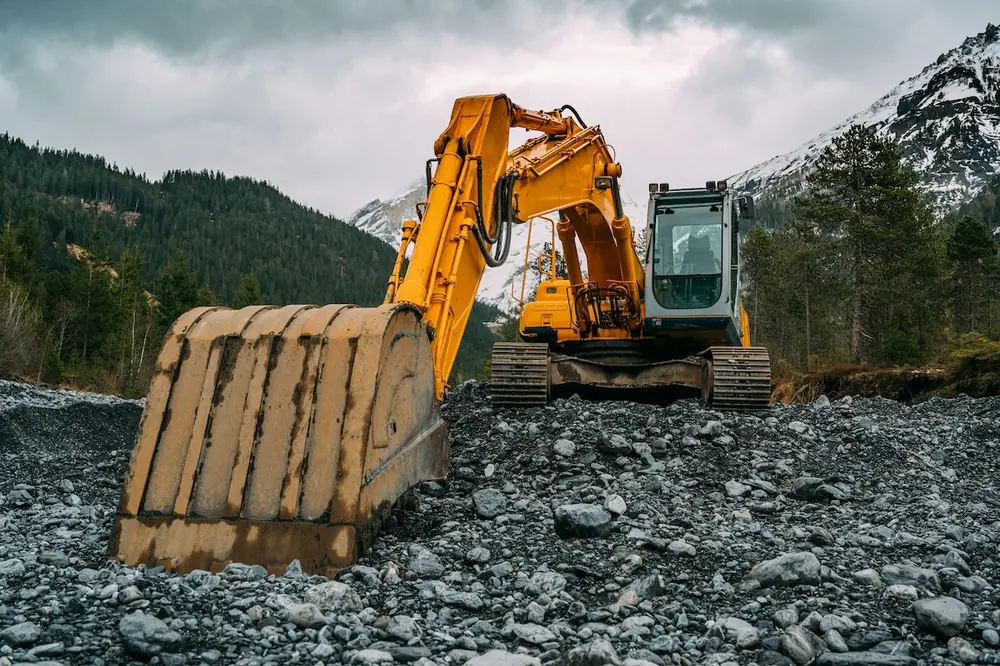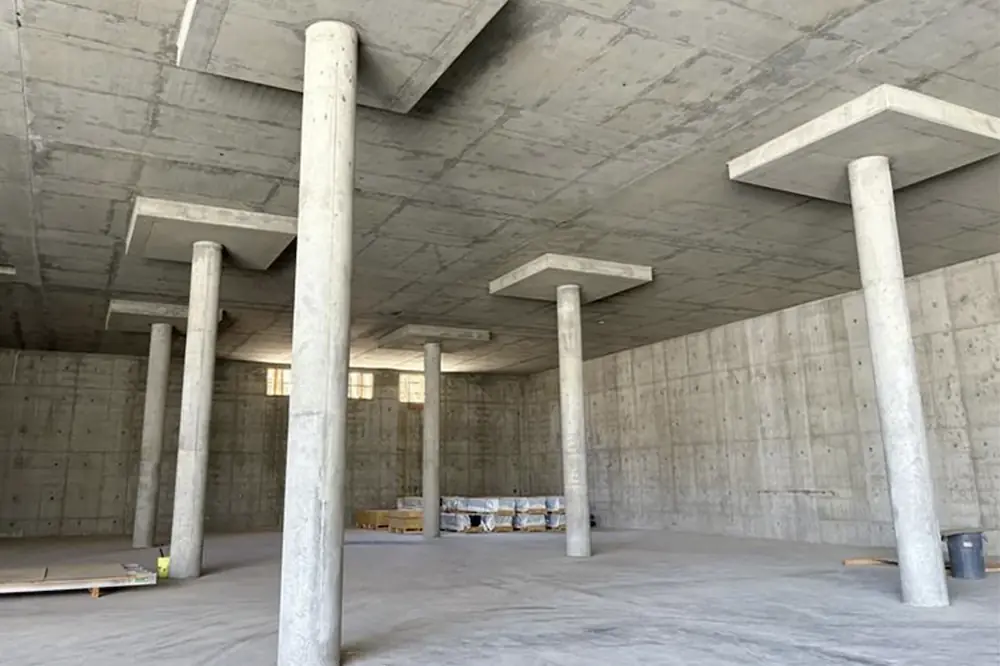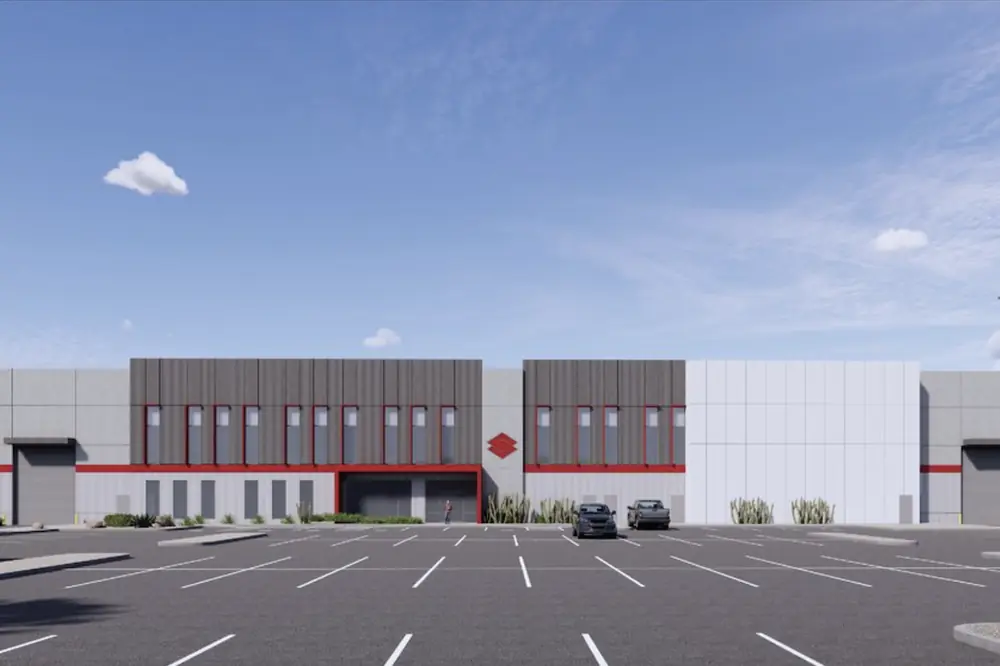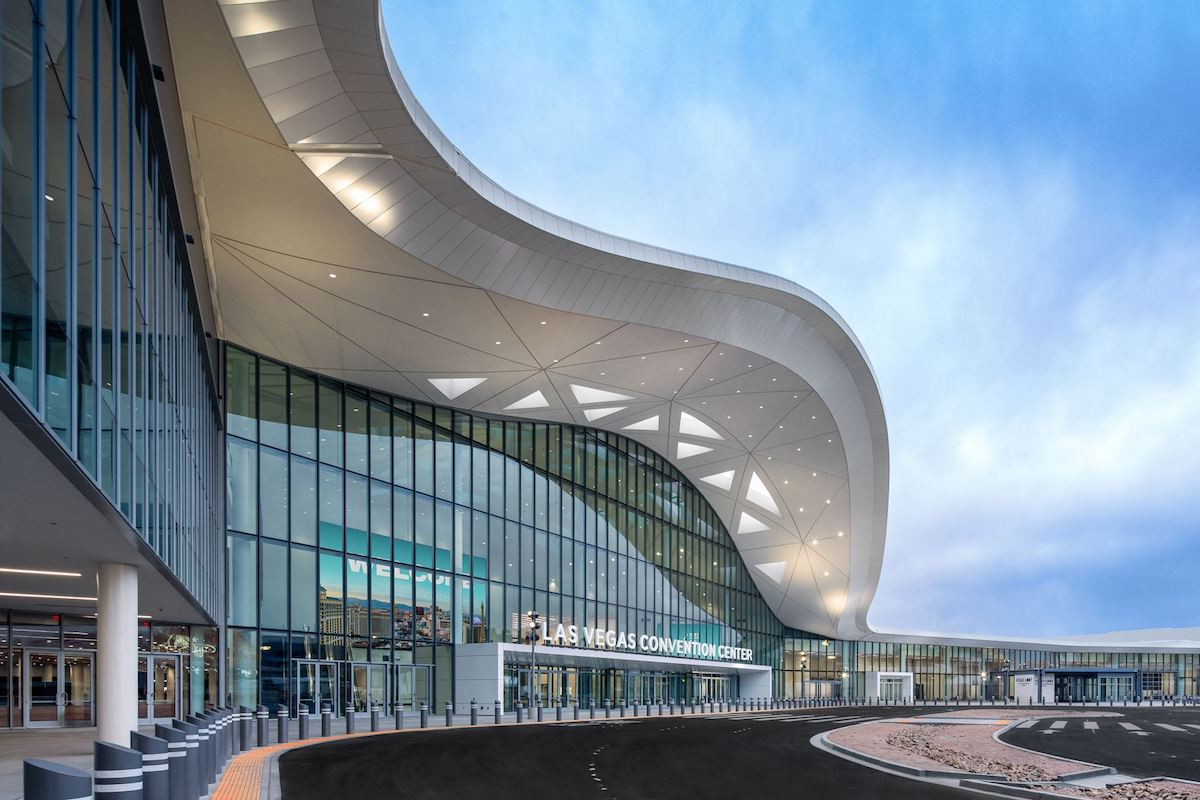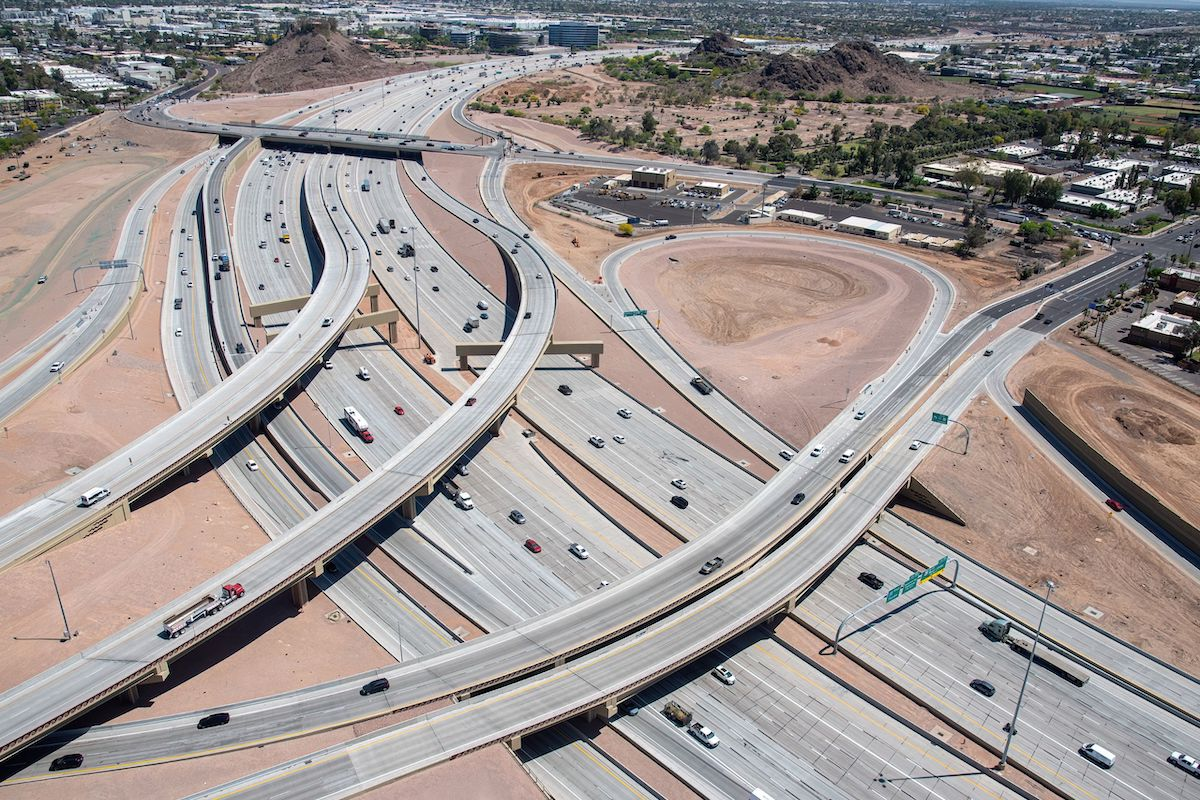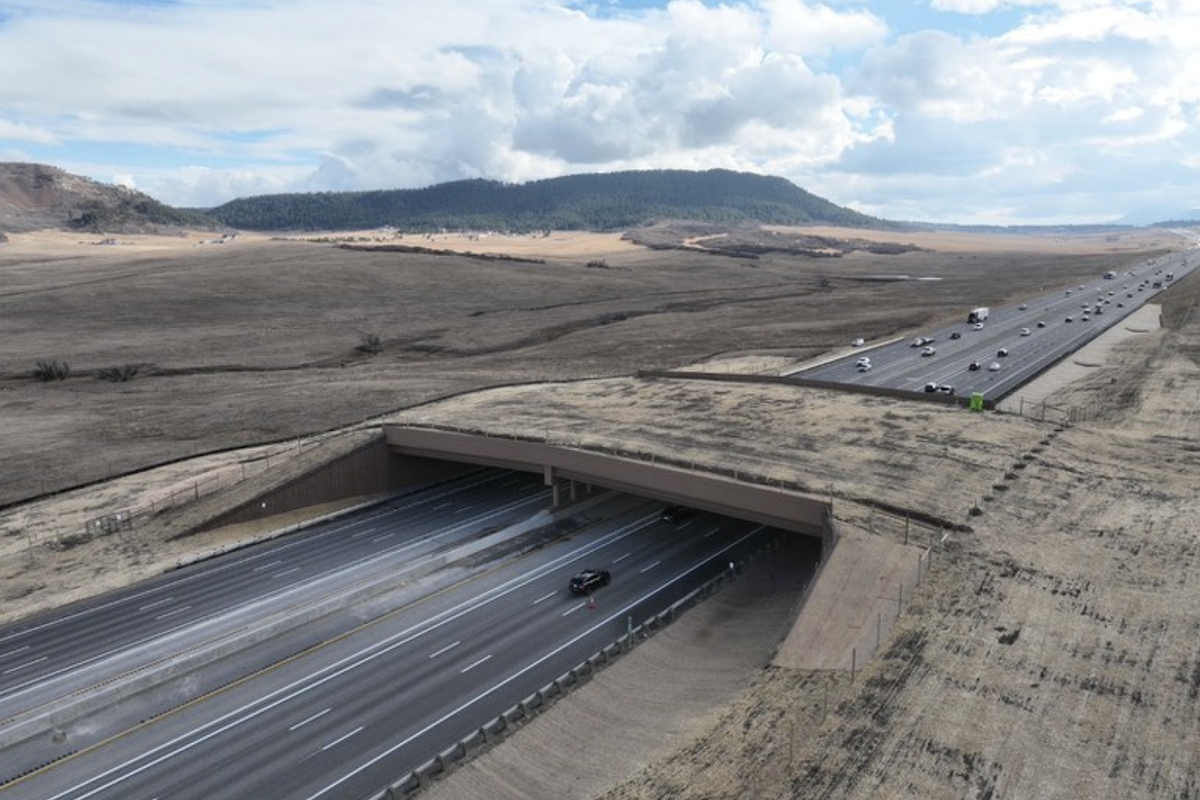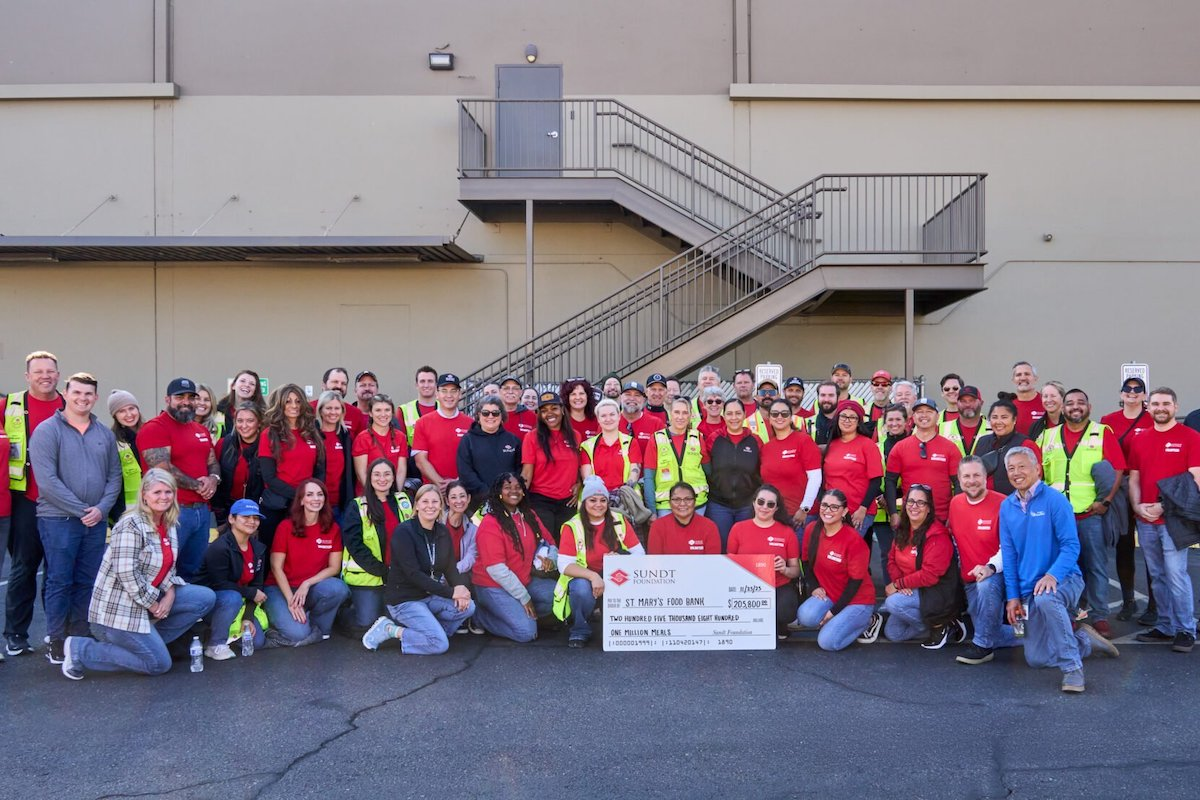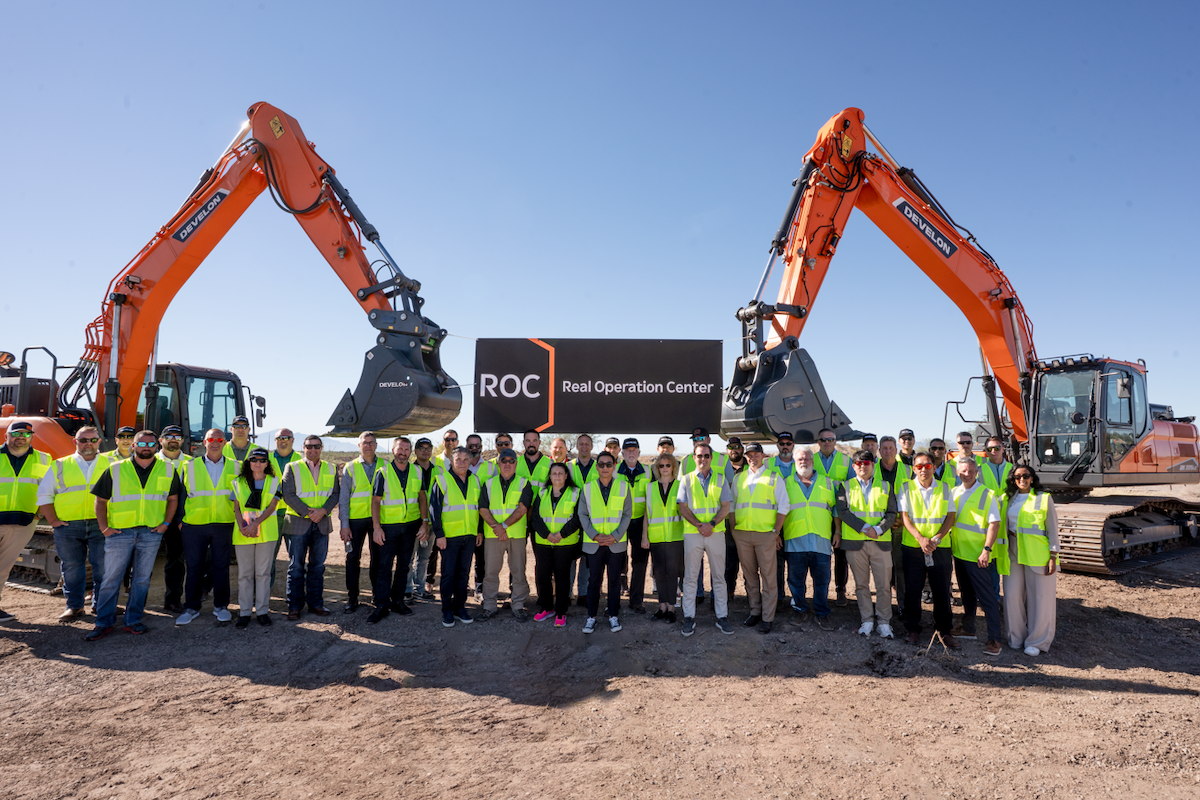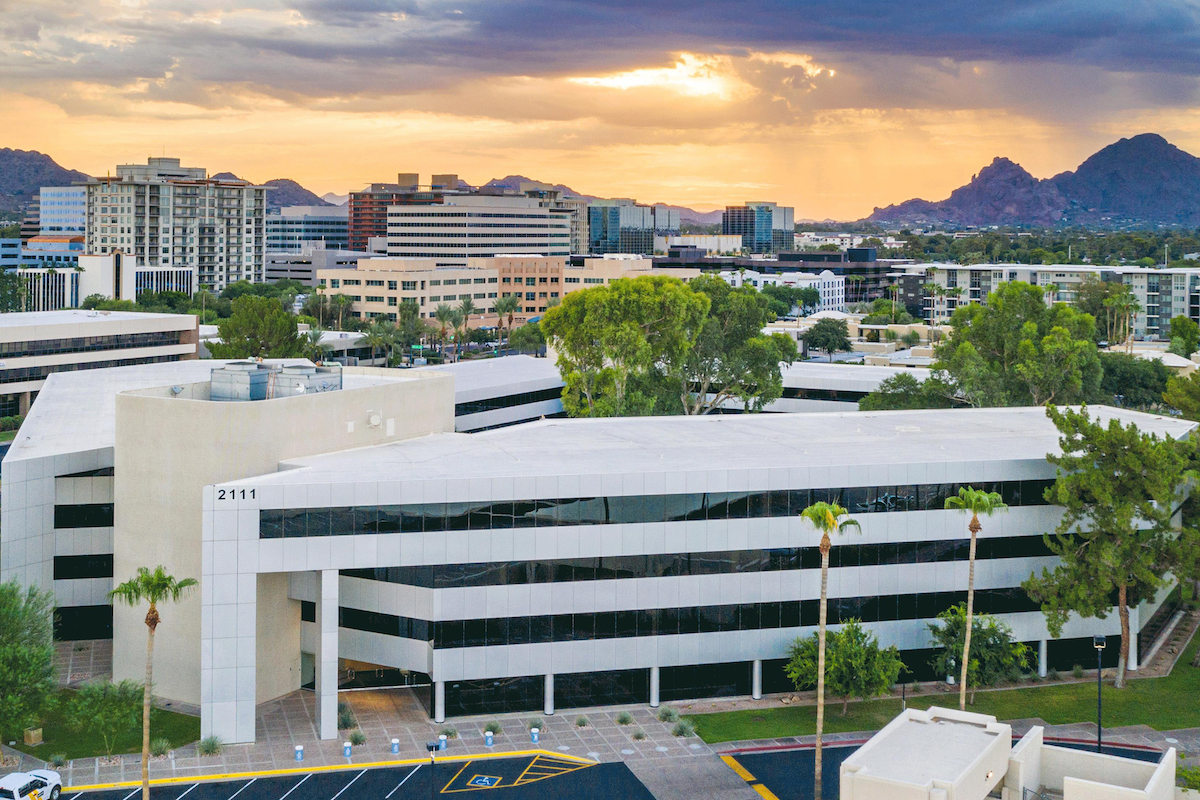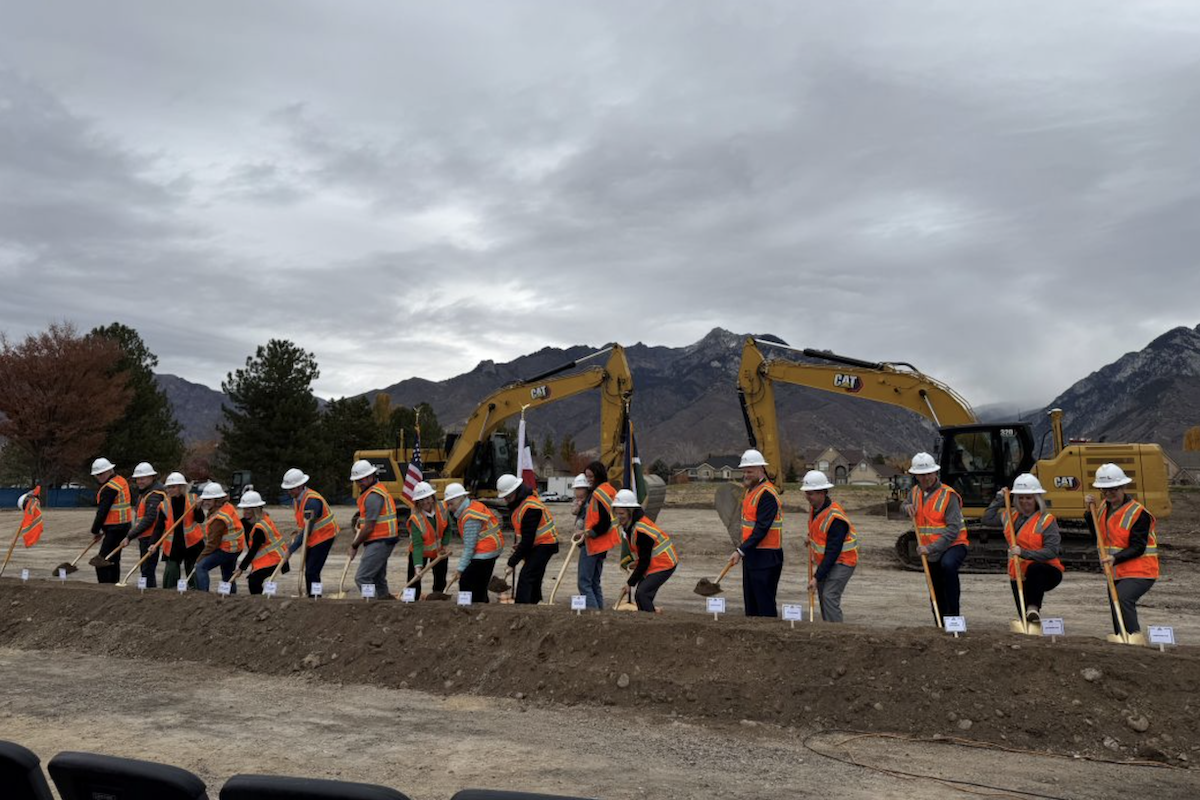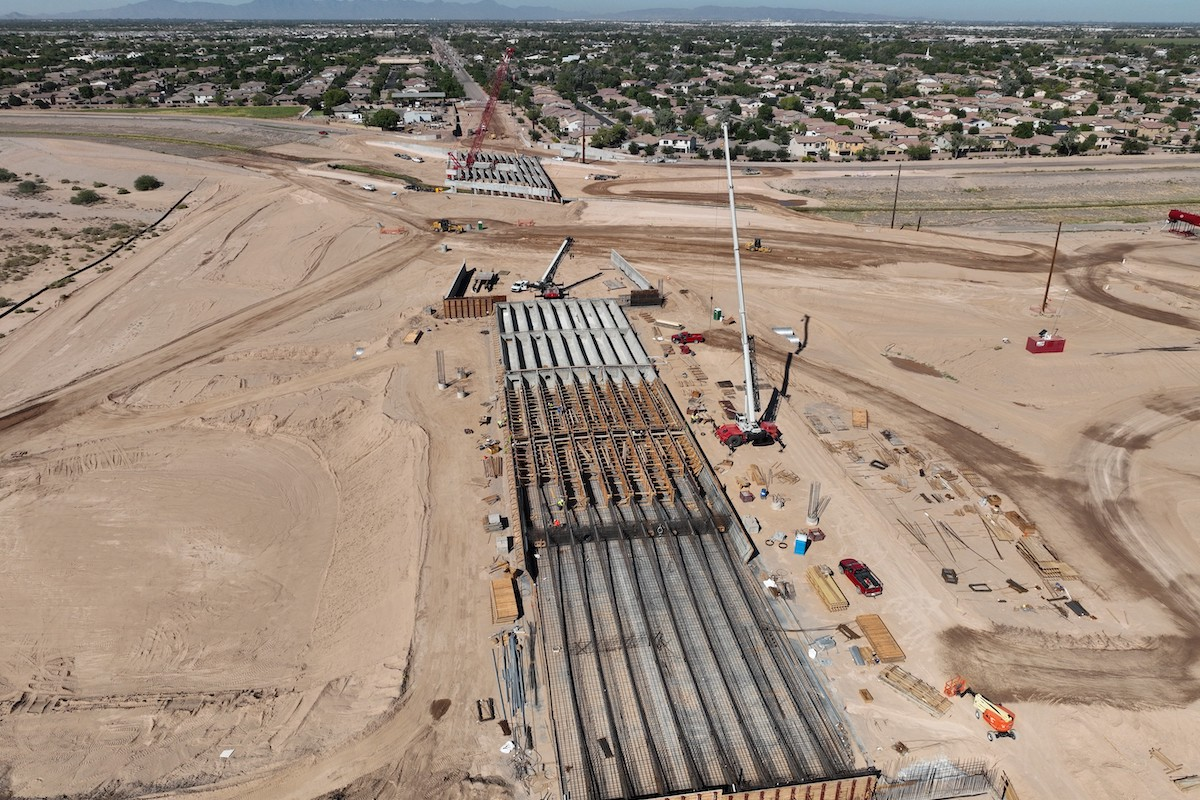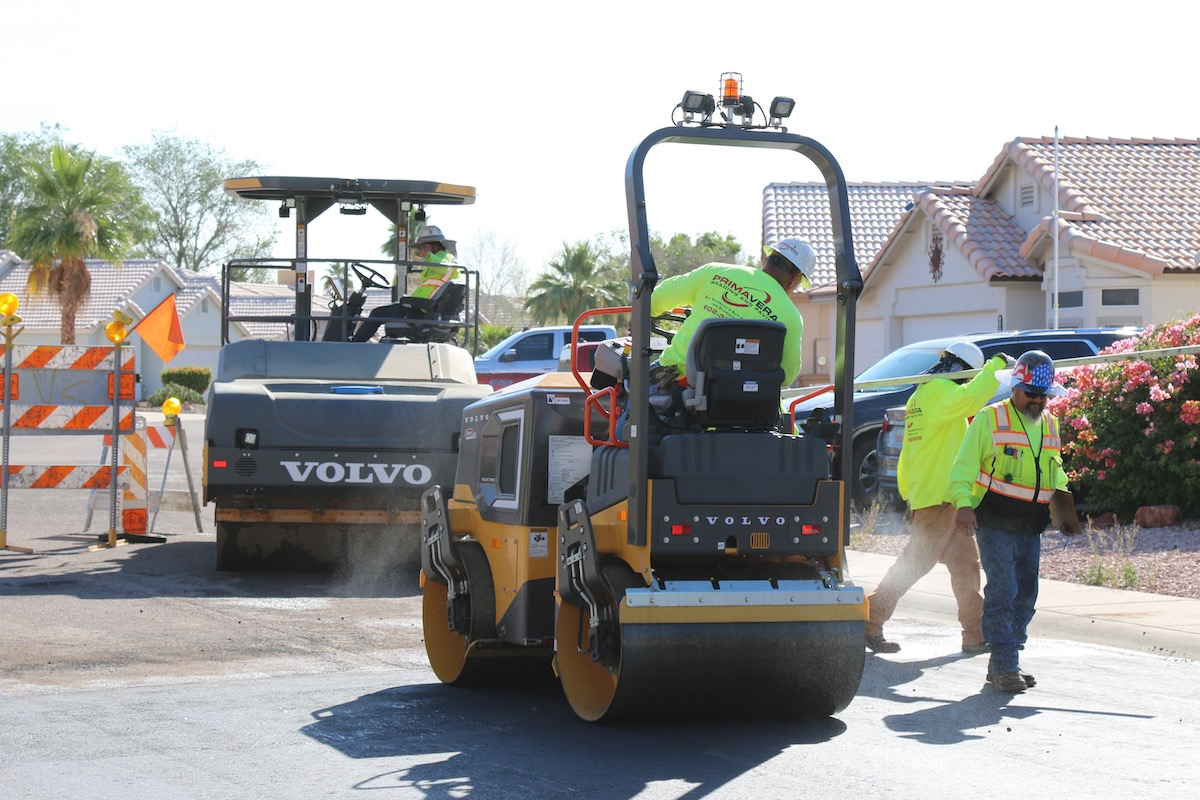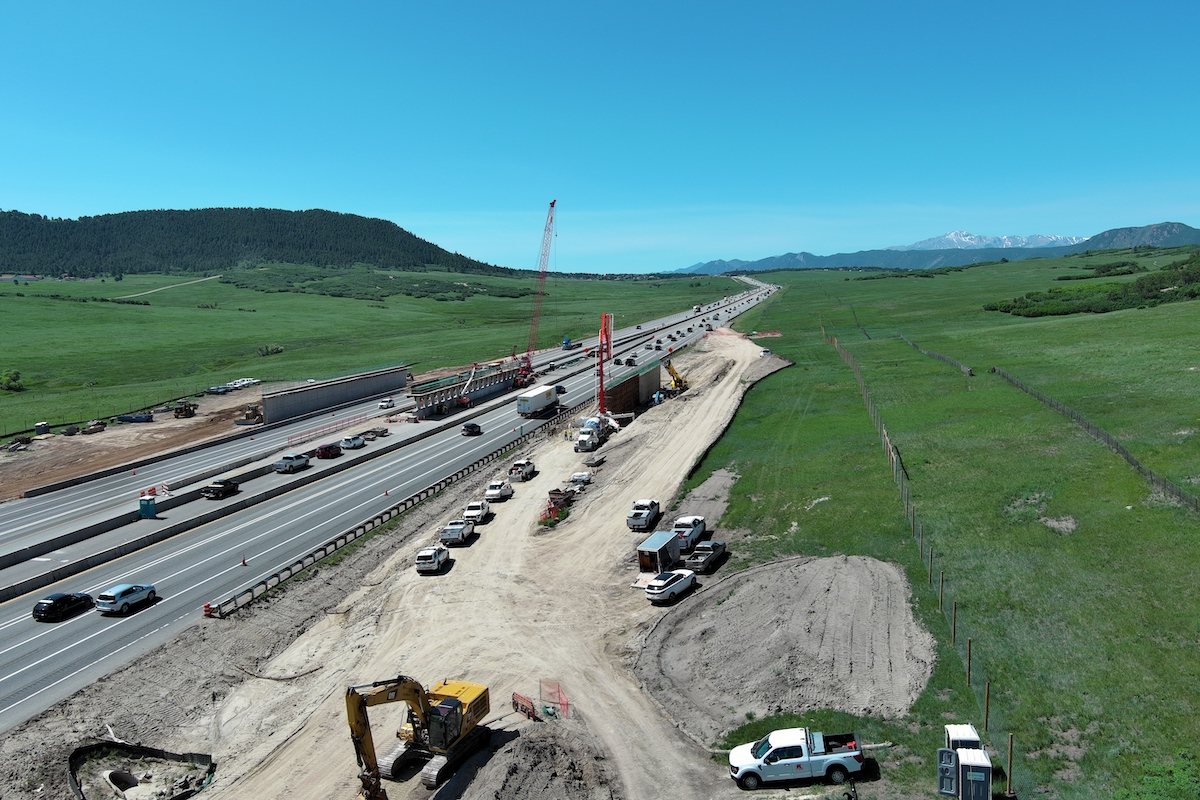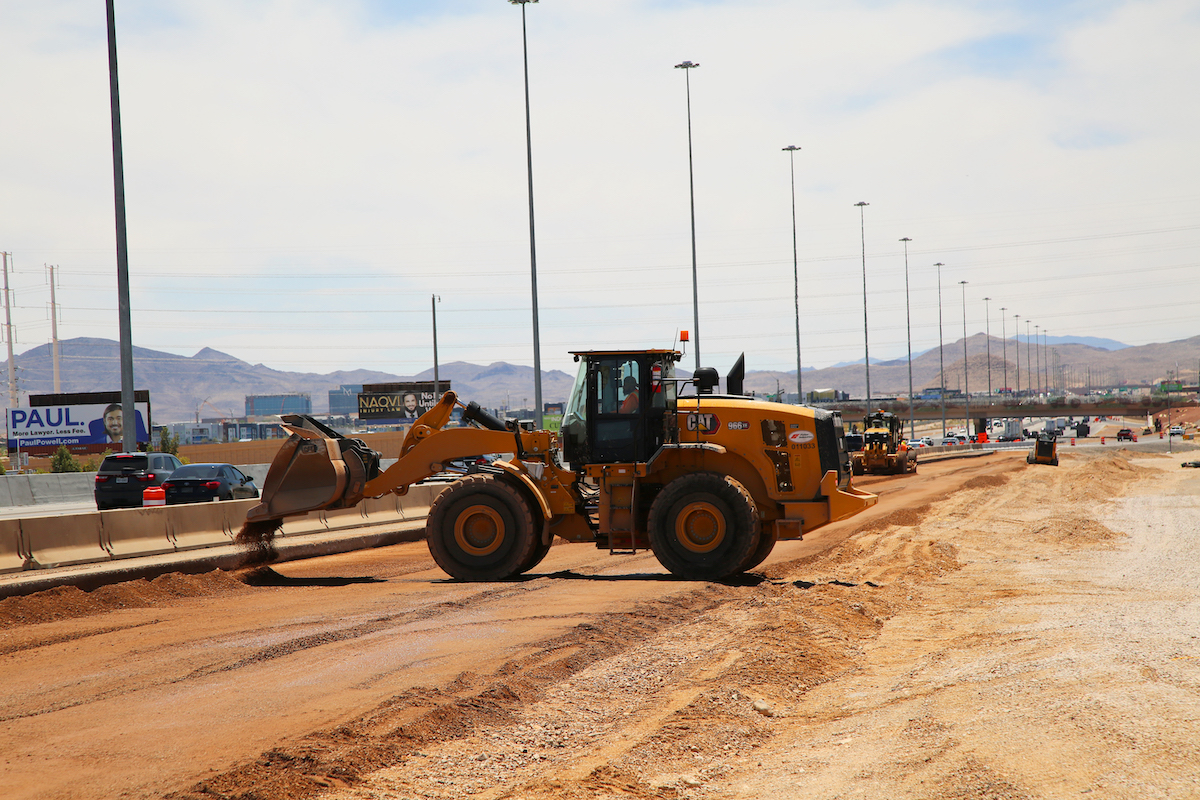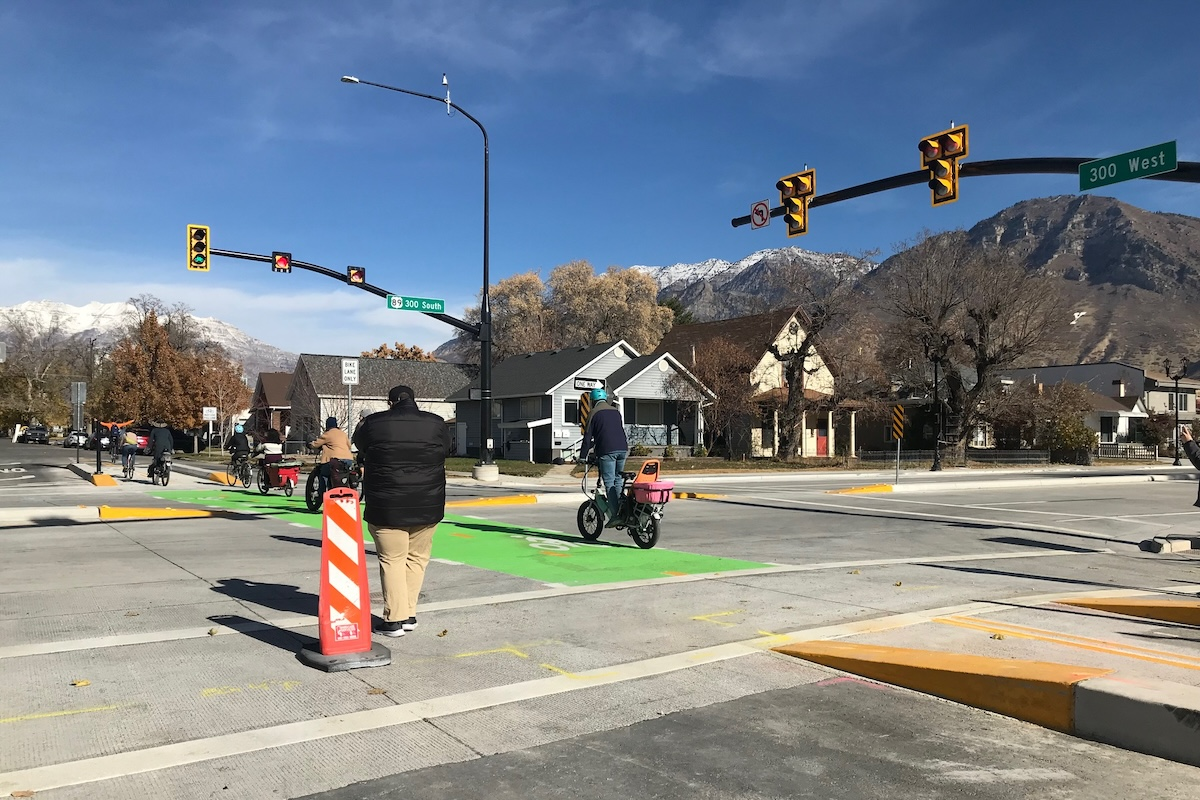The section of SR 78 in Escondido runs through the city’s downtown. It draws significant truck traffic and has an average daily traffic count of 60,000 vehicles. Through this stretch, there’s a substantial amount of pavement cracking and rutting in the asphalt. When the heavy trucks that go through the area make a stop, they make ruts in the road.
In addition, Caltrans commissioned a pavement study and, due to the results, the stretch was slated to be rehabbed. Caltrans had not worked on this section of pavement in some time.
Along the 5-mile stretch of road, the team is removing 8 inches of asphalt. Six inches of large stone matrix asphalt is being installed. Designed to minimize rutting and known to be durable, this type of asphalt is typically found in airports since it can handle heavy loads. Although it’s more costly than standard asphalt, large stone asphalt adds longevity to a pavement.
The team is putting 2 inches of rubberized asphalt on top of the large stone. “The 2-inch rubberized overlay will soften the interaction between the wheels of a vehicle and improve ride quality,” says Kareem Scarlett, a Senior Transportation Engineer for Caltrans, who is serving as the Project Manager for the project. Like the large stone matrix, the rubberized asphalt is expected to extend the pavement lifecycle.

| Your local Bobcat dealer |
|---|
| Ditch Witch West |
| Faris Machinery |
| Ditch Witch West |
| Faris Machinery |
As a multi-modal project, there are elements of the project geared towards bicyclists and pedestrians. As part of the project, 83 curb ramps are being reconstructed to comply with Americans With Disabilities Act (ADA) regulations.
Class II and Class III bike routes are being installed along the length of the project. A Class II bike route is protected bikes lanes that lie on the side of the road, while a Class III bike route is a preferred route for bicyclists on streets shared with motor traffic.
The roadway will also feature high visibility roadway striping to make it more obvious to the traveling public and enhance the safety of both motorists and pedestrians.
Advanced technology is being incorporated into the project in the form of Vehicle-to-Infrastructure (V2I). V2I allows information to be shared between smart vehicles and road infrastructure, such as traffic lights. Information is transmitted via a fiber optic line that connects each element. Installation of the fiber optic line is another element of the job. Scarlett gives an example of information being transmitted to drivers about what speed to drive to ensure they don’t hit a red light.
Another example is the traffic signals speaking to one another to synchronous timing. “They can sense traffic through cameras and sensors which we’re installing in the ground,” says Steve Welborn, a Public Information Officer with Caltrans.

| Your local Gomaco dealer |
|---|
| Faris Machinery |
| Faris Machinery |
The information that’s transmitted can improve safety and mobility. Although the effects are limited at this point due to few smart cars on the roads, “We are installing V2I in anticipation of more smart vehicles being driven in the future,” says Scarlett.
Lastly, the team is installing a new trash collection mechanism inside storm drains to limit the amount of trash that gets into the water. A metal/mesh material will lie on the outside of the storm drain and collect the trash before it enters the drain.
This project is happening exclusively at night – 9 p.m. to 5 a.m. Work is taking place in a downtown area that includes commercial properties that are adjacent to SR 78. This section, which is approximately 1.5 miles, includes residences as well. The other 3.5 miles of the project are strictly residential.
Welborn notes that Caltrans communicated with the public before the project began, has implemented an email alert system, a social media campaign, newspaper advertisements, sent mailers and placed door hangars. “While people have been notified and communicated with, the noise and disruption can still be upsetting,” Welborn says.
“They have been great communicators, and great at keeping the project on schedule, and maintaining quality,” Welborn says.

| Your local Trimble Construction Division dealer |
|---|
| SITECH Southwest |
| SITECH Northwest |
| SITECH Rocky Mountain |
| SITECH Southwest |
| SITECH Northwest |
| SITECH Rocky Mountain |
Regarding the schedule, the project began in February and, at the time of publication, was on schedule to open to traffic in late 2021.
The budget for the project is $14.3 million. The state is paying for the project and it is using funds from the voter-approved SB-1, which provides $5 billion in transportation funding annually split between state and local agencies. “This project is on budget and that’s a testament to advanced planning, risk mitigation, and good communication between us and the contractor,” says Scarlett.
Soon, a project that was a long time coming will be completed. Drivers in the area and the community at large will experience multiple benefits including improved ride quality, safety improvements, and enhanced multi-modal options.






